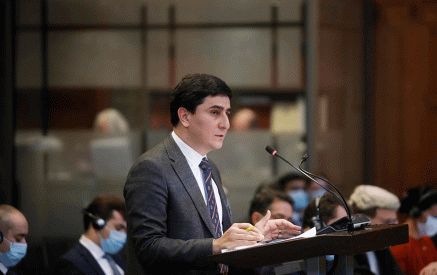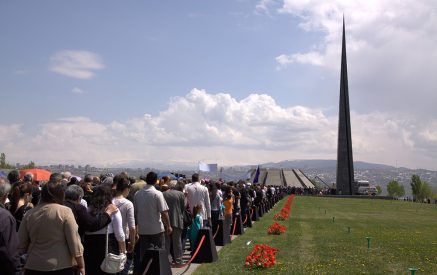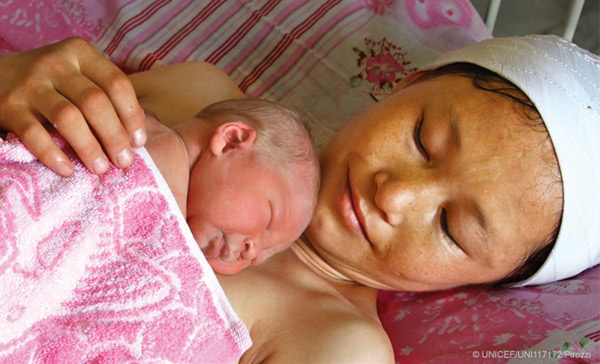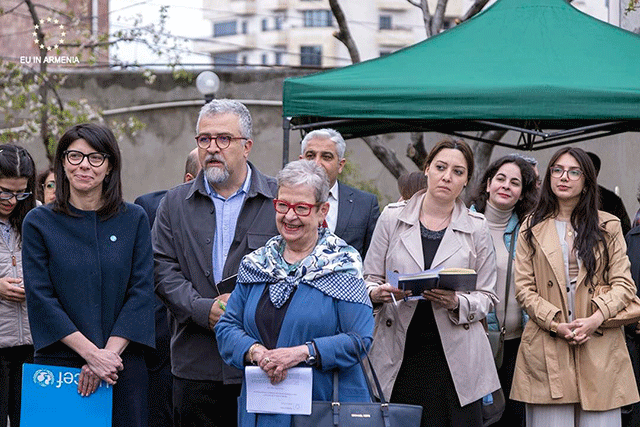NEW YORK, 29 July 2016 – Some 77 million newborns – or 1 in 2 – are not put to the breast within an hour of birth, depriving them of the essential nutrients, antibodies and skin-to-skin contact with their mother that protect them from disease and death, UNICEF said.
“Making babies wait too long for the first critical contact with their mother outside the womb decreases the newborn’s chances of survival, limits milk supply and reduces the chances of exclusive breastfeeding,” said France Bégin, UNICEF Senior Nutrition Adviser. “If all babies are fed nothing but breastmilk from the moment they are born until they are six months old, over 800,000 lives would be saved every year.”
Progress in getting more newborns breastfed within the first hour of life has been slow over the past 15 years, UNICEF data show. In sub-Saharan Africa, for example, where under five mortality rates are the highest worldwide, early breastfeeding rates increased by just 10 percentage points since 2000 in East and Southern Africa but have remained unchanged in West and Central Africa.
Even in South Asia, where rates of early breastfeeding initiation tripled in 15 years – from 16 per cent in 2000 to 45 per cent in 2015 – the increase is far from enough: 21 million newborns still wait too long before they are breastfed.
Read also
The longer breastfeeding is delayed, the higher the risk of death in the first month of life. Delaying breastfeeding by 2-23 hours after birth increases the risk of dying in the first 28 days of life by 40 per cent. Delaying it by 24 hours or more increases that risk to 80 per cent.
“Breastmilk is a baby’s first vaccine, the first and best protection they have against illness and disease,” said France Bégin. “With newborns accounting for nearly half of all deaths of children under five, early breastfeeding can make the difference between life and death.”
UNICEF analyses show that women are not getting the help they need to start breastfeeding immediately after birth even when a doctor, nurse of midwife is assisting their delivery. In the Middle East, North Africa and in South Asia, for example, women who deliver with a skilled birth attendant are less likely to initiate breastfeeding in the first hour of life, compared to women who deliver with unskilled attendants or relatives.
Feeding babies other liquids or foods is another reason early breastfeeding is delayed. In many countries, it is customary to feed a baby infant formula, cow’s milk or sugar water in the first three days of life. Almost half of all newborns are fed these liquids. When babies are given less nutritious alternatives to breastmilk, they breastfeed less often, making it harder for mothers to start and continue breastfeeding.
Globally, only 43 per cent of infants under six months old are exclusively breastfed. Babies who are not breastfed at all are 14 times more likely to die than those who are fed only breastmilk.
But any amount of breastmilk reduces a child’s risk of death. Babies who received no breastmilk at all are seven times more likely to die from infections than those who received at least some breastmilk in their first six months of life.




























































